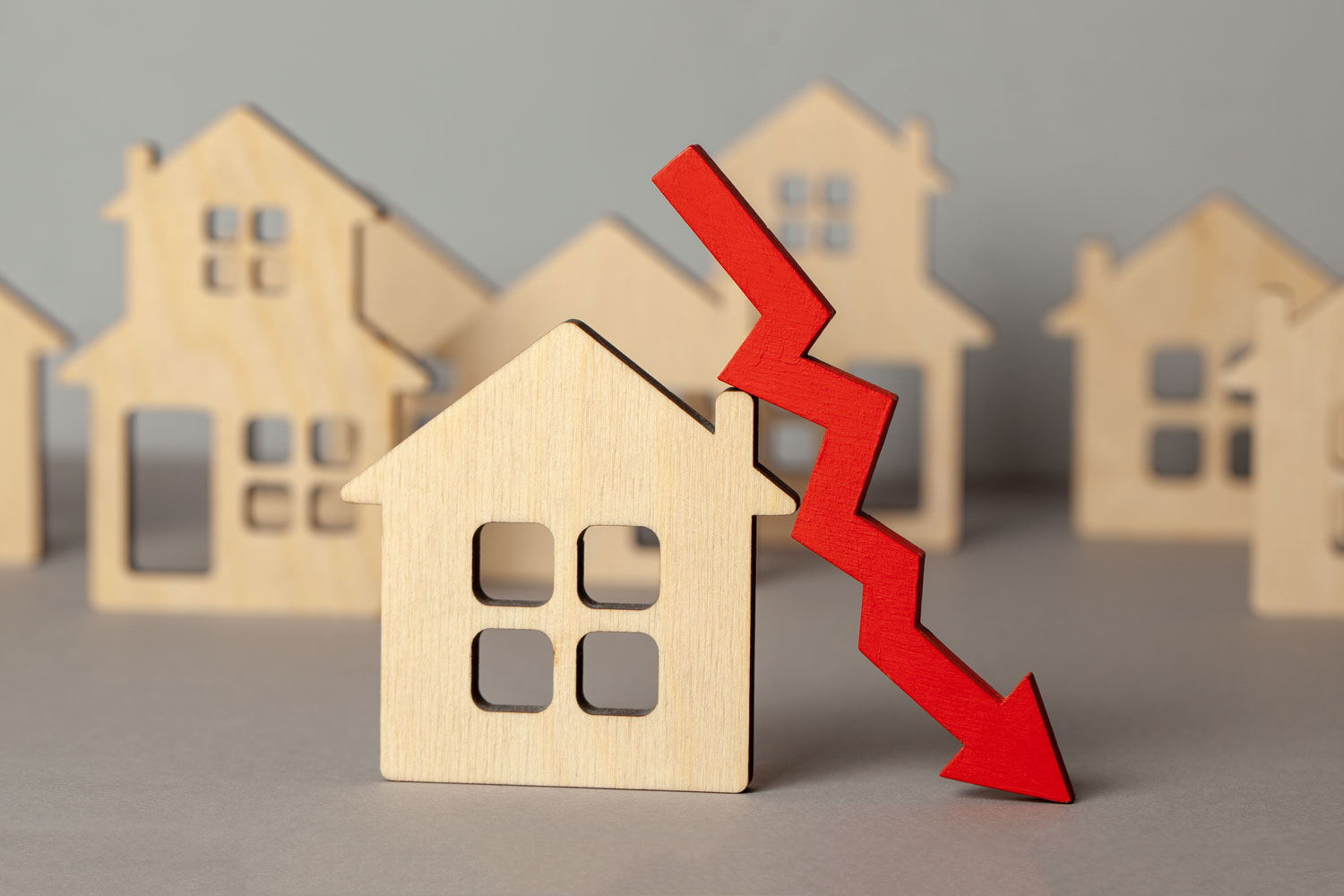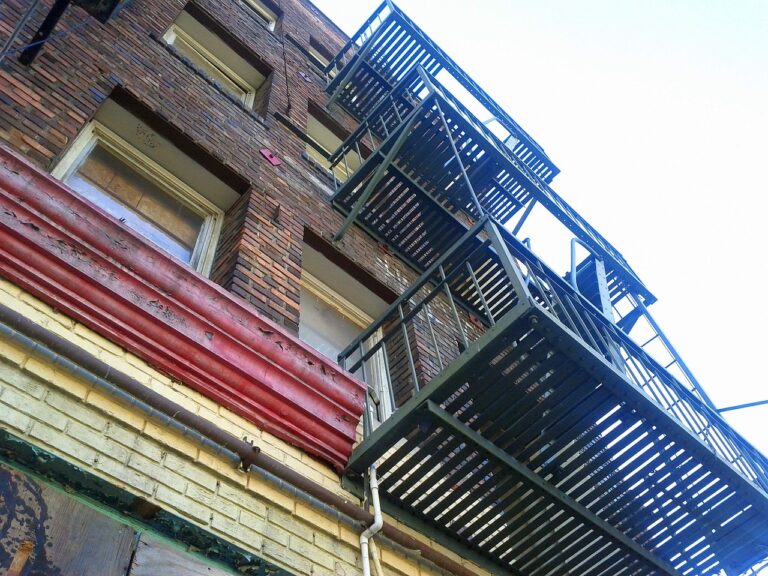Royal Decree-Law 15/2020, of April 21, on complementary urgent measures to support the economy and employment
In previous posts we were talking about the few measures that the Government has adopted for the leasing of premises and offices. In this new Royal Decree-law the executive continues to dictate new measures now in that field.
Requirements to benefit from this package
If you are self-employed, you must have been registered as such with Social Security at the time the state of alarm was declared. If you are a small company, it must not exceed the limit established in article 257.1 Companies Act. That is, meet two of the three following requirements: assets less than 4 million euros, net amount of turnover less than eight million euros and average number of employees less than 50.
In addition to the above, both self-employed and small companies must prove that their activity has been suspended due to the entry into force of the state of alarm or, if they have not been suspended, have suffered a reduction in turnover by at least 75% compared to the average monthly turnover for Q1 2019
How can I prove these requirements? To prove the reduction in your activity, a responsible declaration will suffice in which this 75% reduction in the monthly billing is recorded. However, the landlord may require you to show him the accounting books to verify such a reduction. Making a false responsible statement will hold the person responsible for the damages that are caused. Regarding the suspension of the activity, this will be accredited by a certificate issued by the tax office or the competent body of the Autonomous Community, where appropriate, based on the declaration of cessation of the activity declared by the interested party.
Measures to reduce costs for small companies and the self-employed
Let’s now see the main measures introduced by this new Royal-Decree-law:
Lessor being a corporation or large holder
The lessee, a natural or legal person that meets the aforementioned requirements, it is entitled to request when the lessor is a company (it seems that any form of company), public housing entity or “large holder” (more than 10 rented premises or more than 1,500 m2 area leased), within a month from the entry into force of this RD-L (that is, until May 23, 2020), the moratorium on the payment of rent. If the lessor does not accept the measure, it will be applied automatically (that is, it is mandatory for the owner) and will affect the period of time that the alarm status lasts, its extensions, and the following four monthly payments, extendable one by one, if that period were insufficient.
The deferred rent will not accrue interest and must be returned in installments, within the term of the contract and within a maximum period of two years.
Ultimately, the above is the minimum content of the renegotiation. Any modification agreed upon by the parties above that is logically valid.
Lessor natural person who is not a “large holder”
For the cases in which the lessor is neither a company, nor a public housing entity, nor a large holder, the self-employed and small entities that meet the aforementioned requirements, may request the lessor, within a month from the entry in effect of this RD-L (that is, until May 23, 2020), the temporary and extraordinary postponement in the payment of the rent. It is very important to note that, unlike when the lessor is a legal entity or a large holder, this measure is not imposed on the owner. All this, as is logical, in the absence of any other agreement between the parties.
Only in the case of an agreement, the parties may use the rental deposit of article 36 of the Urban Rental Law (deposit that is two months for commercial premises) that may serve for the total or partial payment of one or some monthly payments. If so, the lessee must “refill” the deposit within a period of one year from the conclusion of the agreement or within the remaining duration of the contract.





